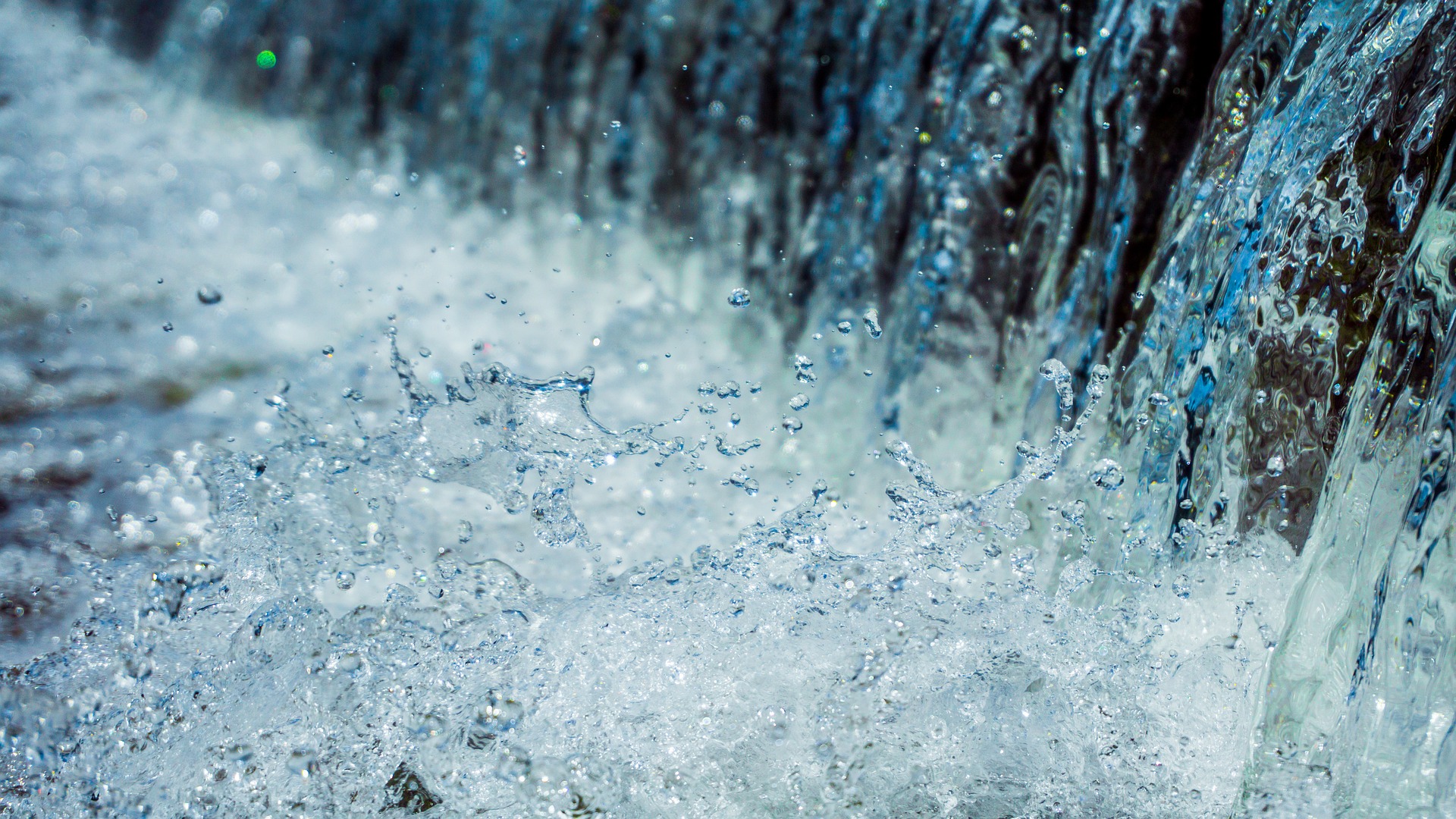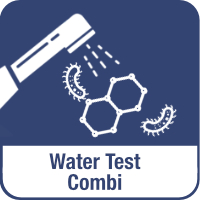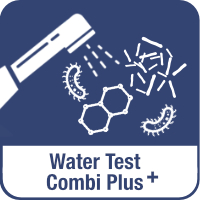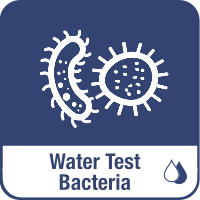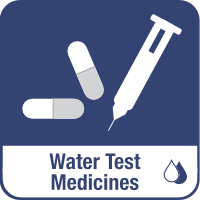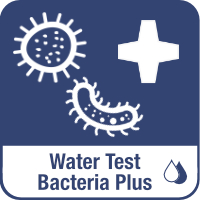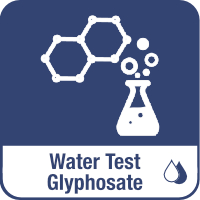- Water tests
- Air and pollutants analysis
- Mold analyses
- Asbestos analyses
- Rapid tests
-
Knowledge
- Further news
- Analysis made easy
- Tap and drinking water in Switzerland
- Facts about Indoor Air
- Facts about Mold
- Facts about Asbestos
-
Water quality in Switzerland
- Water Scarcity and Water Quality
- Drinking Water in Switzerland
- Tap Water in Switzerland: Quality and Controls
- Drinking Fountains in Switzerland
- Water Quality - Canton Basel
- Water Quality - Canton Bern
- Water Quality - Canton Geneva
- Water Quality - Canton Zurich
- NEWS: Zurich Drinking Water Map
- Drinking Water - City of St. Gallen
- Water Quality - City of Baden
- Water Quality - City of Bern
- Water Quality - City of Zurich
- Water Analysis - City Lucerne
- Water Quality - City of Winterthur
- The Water Supply of the City of Thun
- Initiative for Clean Drinking Water
- Nature's Thirst Quenchers: Fountains and Springs on Your Hike
- Partnership with WATER FOR WATER (WfW)
- Help & Services
Water Quality in the Canton of Bern
According to the city of Bern, the drinking water is checked regularly. Nevertheless, in the past there was talk of poor water quality in the Canton of Bern.
✪ One would actually expect excellent water quality in the Canton of Bern – after all, the water is supplied from the Aare and Emmental, where it makes its way to the cities and communities. In the city of Bern, the drinking water is checked regularly, but recently there have been frequent cases where the limits for pesticides in the drinking water were exceeded. The positive water analysis of the Canton of Bern is said to affect more than 50 municipalities, which is causing increasing uncertainty among the people.
What is the water quality like in the Canton of Bern?
Water is our most valuable resource, which we rely on every day. We use it not only for washing, showering, and brushing our teeth, but also for cooking and drinking. So it’s not surprising that many consumers occasionally ask themselves what the quality of the water in the Canton of Bern, which comes out of the tap every day, actually is.
It was not so long ago that the water quality in the Canton of Bern was questioned by a water analysis, when the limits for chlorothalonil were exceeded in more than 50 Bernese municipalities. This is a pesticide that was once used in agriculture. Apparently, residues of this carcinogenic substance were able to enter the drinking water.
✪ According to statements from the canton, the population of the Canton of Bern need not be concerned, but understandably, the recent results have caused some unease.
Where does the drinking water in the Canton of Bern come from?
The water in the Canton of Bern is sourced from
- 40 % natural springs,
- 40 % groundwater,
- 20 % surface water
and is carefully treated. The drinking water in the Canton of Bern is supplied from three catchment areas. These regions include:
- Aeschau (Emmental)
- Kiesen (Aaretal)
- Belpau (Aaretal)
The water composition and water hardness of the Canton of Bern can vary depending on
- season,
- soil composition, and
- water volume
For this reason, the water hardness in the Canton of Bern can fluctuate significantly, but on average it is said to range between 20 to 30 °fH and 11-17 °dH. This means that the water in these regions is moderately to “fairly” hard.
Why can a water analysis be useful?
More and more people are sceptical about the quality of their drinking water and wonder whether they can (still) use the water for drinking and brushing their teeth. Did you know that you can also have your drinking water tested in an independent laboratory? This analysis is not very expensive and can give you a detailed insight into the water quality in your community.
Currently, more and more people in the Canton of Bern are making use of such an analysis of their drinking water – especially if babies, children or elderly people are in the household. The analysis of the drinking water is presented in a simple and understandable way, so that you can interpret the results even without prior knowledge. Incidentally, the water analysis can provide information not only about pesticides, but also about
- heavy metals,
- bacteria and
- pesticides and other pollutants
as well.
Conclusion: Water analyses can be beneficial
Even though the water in the Canton of Bern is supposed to be of good quality, many people are still unsettled because past water analyses have shown the opposite. For this reason, more and more private water analyses are being carried out to test the quality and the ingredients of the water.
✔ Heavy metals and pollutants
✔ For general drinking water, softeners
✔ Legionella, heavy metals and pollutants
✔ For general drinking water and softeners
✔ Heavy metals and contaminants
✔ Separate bacteria test recommended
✔ Focus on bacterial contamination
✔ For general drinking water, softeners
✔ Risk of transmission during showering
✔ Causes Legionnaires' disease
✔ 12 common pharmaceuticals
✔ e.g., diclofenac, ibuprofen
✔ Most common pesticides
✔ Glyphosate separate analysis
✔ E. coli, coliform bacteria
✔ Enterococci
✔ Commonly used pesticide
✔ Possibly carcinogenic
✔ 20 common PFAS chemicals
✔ Per- and polyfluorinated alkyl substances
✔ 100 Test strips
✔ For general drinking water, water softeners

